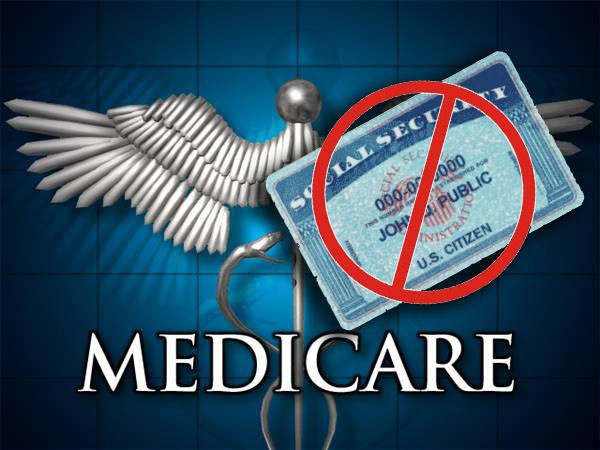Article from http://abcnews.go.com/blogs
 Social Security’s retirement and disability programs have enough funds to cover the next 20 years, but that could change come 2033.
Social Security’s retirement and disability programs have enough funds to cover the next 20 years, but that could change come 2033.
Every year the Social Security Board of Trustees releases its report outlining the stability and financial security of the two biggest federal programs in the United States, Social Security and Medicare.
This year’s report says that because of an increase in pressure on these programs — Americans are living longer and the baby boomers are beginning to collect — funds could run out sooner than expected. In addition, the slow-rebound of the economy and high energy prices are leading to a quicker deterioration of the trusts that fund Social Security.
“In 2033, incoming revenue and trust fund resources will be insufficient to maintain payment of full benefits,” . Treasury Secretary Tim Geithner, said, referring to Social Security. “At that point there will only be enough money to cover about three-fourths of full benefits.”
Social Security is broken into two arms: Retirement, and its disability program, which aids 11 million Americans and will be exhausted two years earlier than last year’s estimate.
In 2011, the report estimated that funds would last until 2036.
Medicare’s Hospital Insurance Trust Fund maintained the same projection as last year, with sufficient resources to maintain benefits through 2024. This is attributed to the 2 percent cut in Medicare that Congress enacted last year.
“Please, please remember that ‘exhaustion’ is an actuarial term of art and it does not mean there will be no money left to pay any benefits,” Commissioner of Social Security Michael Astrue cautioned. “After 2033, even if congress does nothing there will still be sufficient assets to pay about 75 percent of the current level of benefits.”
According to Public Trustee Charles Blahous, the bleak projections for these two programs, which accounted for 36 percent of federal expenditures in fiscal year 2011, signifies the largest actuarial deficit seen in Social Security since the 1983 reforms and the “second largest single year deterioration in all trustee reports since the last major reforms.”
“Never since the 1983 reforms have we come as close to the point of trust fund depletion as we are right now,” Blahous said. “Our window for dealing with it without substantially destructive consequences is closing fairly rapidly.”
The Affordable Care Act has offered some stabilization to the Hospital Insurance Trust Fund that finances Medicare. Originally the Hospital Insurance Trust Fund was set to expire in 2016.
“As a result of the law, we’ve added another eight years to its life, putting Medicare on much more solid ground,” Kathleen Sebelius, secretary of Health and Human Services, said.
She said that the law does this “through a range or reforms, from cracking down on fraud to helping providers prevent costly medical errors to reducing excess payments to Medicare advantage plans.”
Both Sebelius and Geithner emphasized the importance of quick action to solve the problem facing the giant retirement and disability programs
This Blog Was Provided By:




